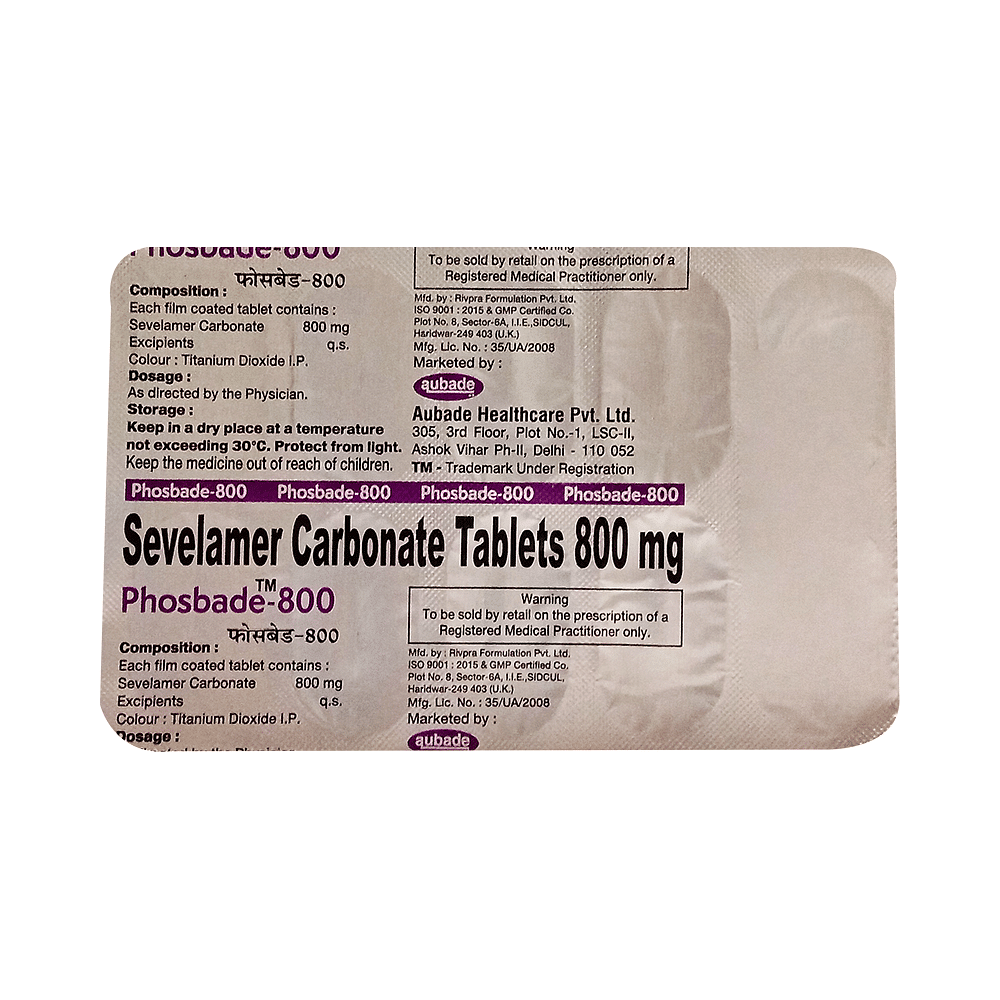
Phosbade 800 Tablet
Manufacturer
Aubade Healthcare Pvt Ltd
Salt Composition
Sevelamer (800mg)
Key Information
Short Description
Phosbade 800 Tablet is used to treat increased phosphate levels in the blood in patients who are on dialysis due to severe kidney disease.
Dosage Form
Tablet
Introduction
Phosbade 800 Tablet is used to treat increased phosphate levels in the blood in patients who are on dialysis due to severe kidney disease. It inhibits the absorption of phosphate from the intestine and lowers the phosphate levels in the blood.
Directions for Use
Take this medicine in the dose and duration as advised by your doctor. Swallow it as a whole. Do not chew, crush or break it. Phosbade 800 Tablet is to be taken with food.
How it works
Phosbade 800 Tablet inhibits the absorption of phosphate from the intestine and lower the phosphate levels in the blood.
Quick Tips
Take it with food and stick to the diet prescribed by your doctor. You may develop low levels of calcium, folic acid, and vitamins A, D, E, and K in your blood. Your doctor may prescribe supplements if necessary. Avoid taking any other medicine 1 hour before or 3 hours after taking Phosbade 800 Tablet. Inform your doctor if you have nausea, vomiting, constipation, pain in the abdomen, or if you have undergone any major stomach surgery.
Related Medicines
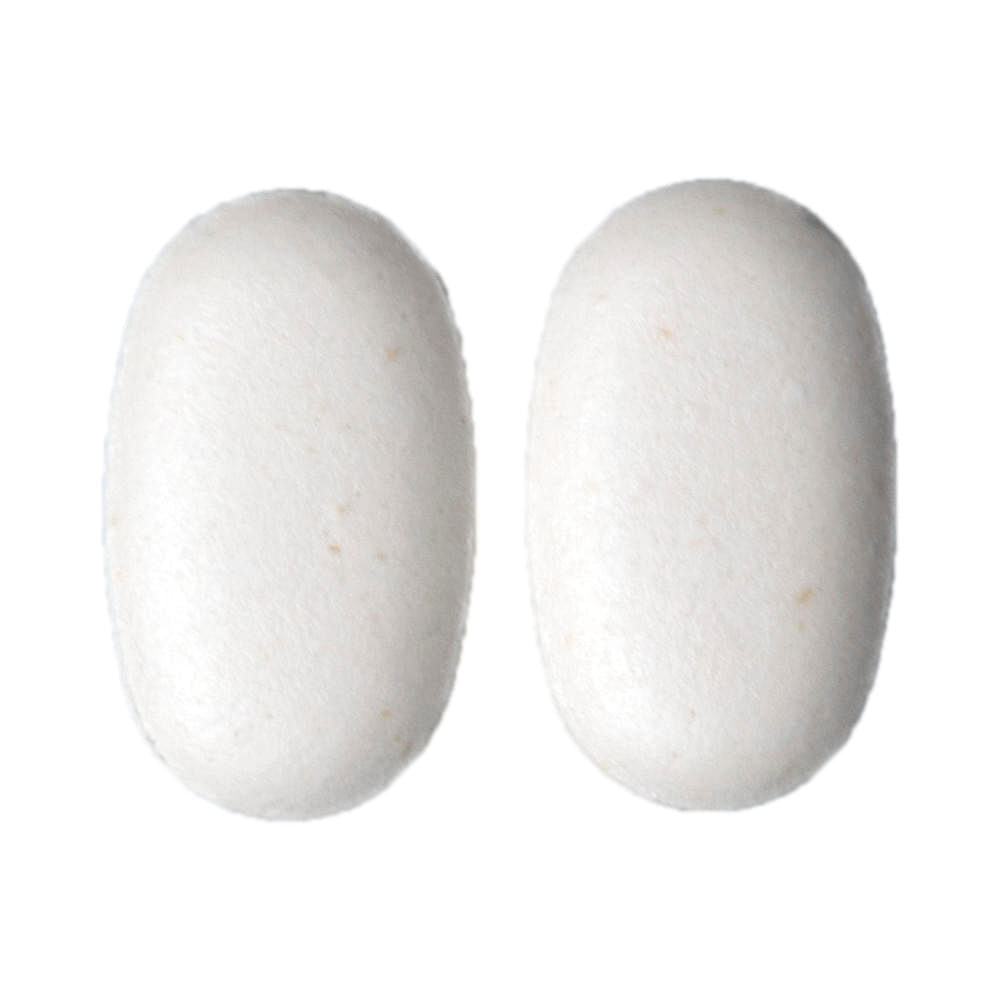
Acutrol C-800 Tablet

Phoscut 800 Tablet
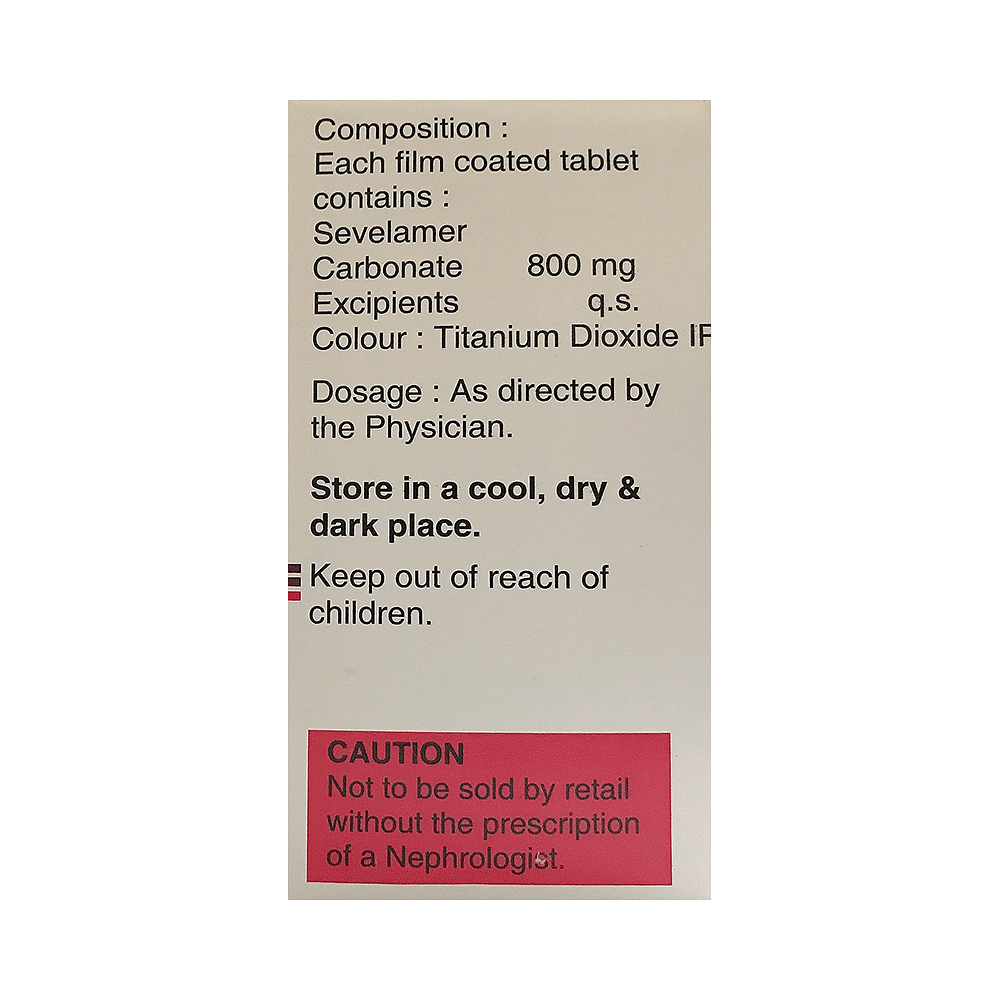
Sevcar 800 Tablet
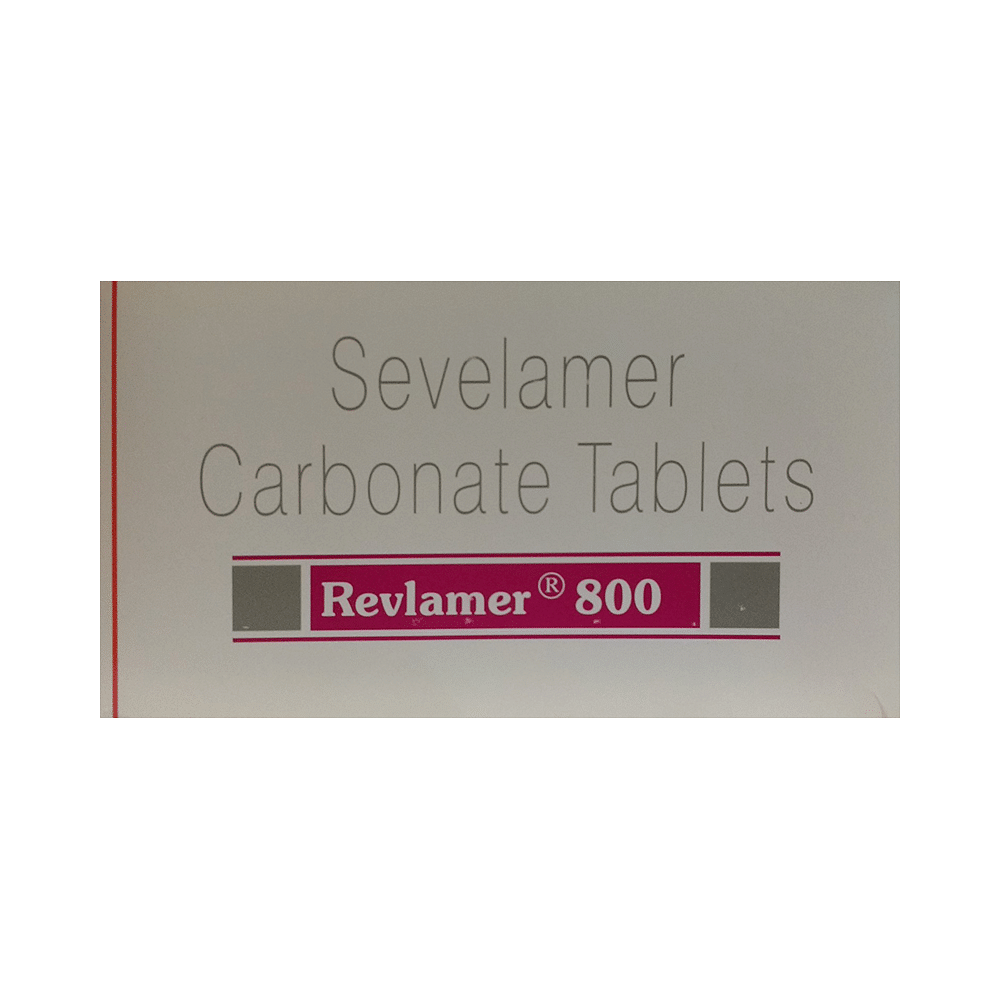
Revlamer 800 Tablet

Velacar 800mg Tablet
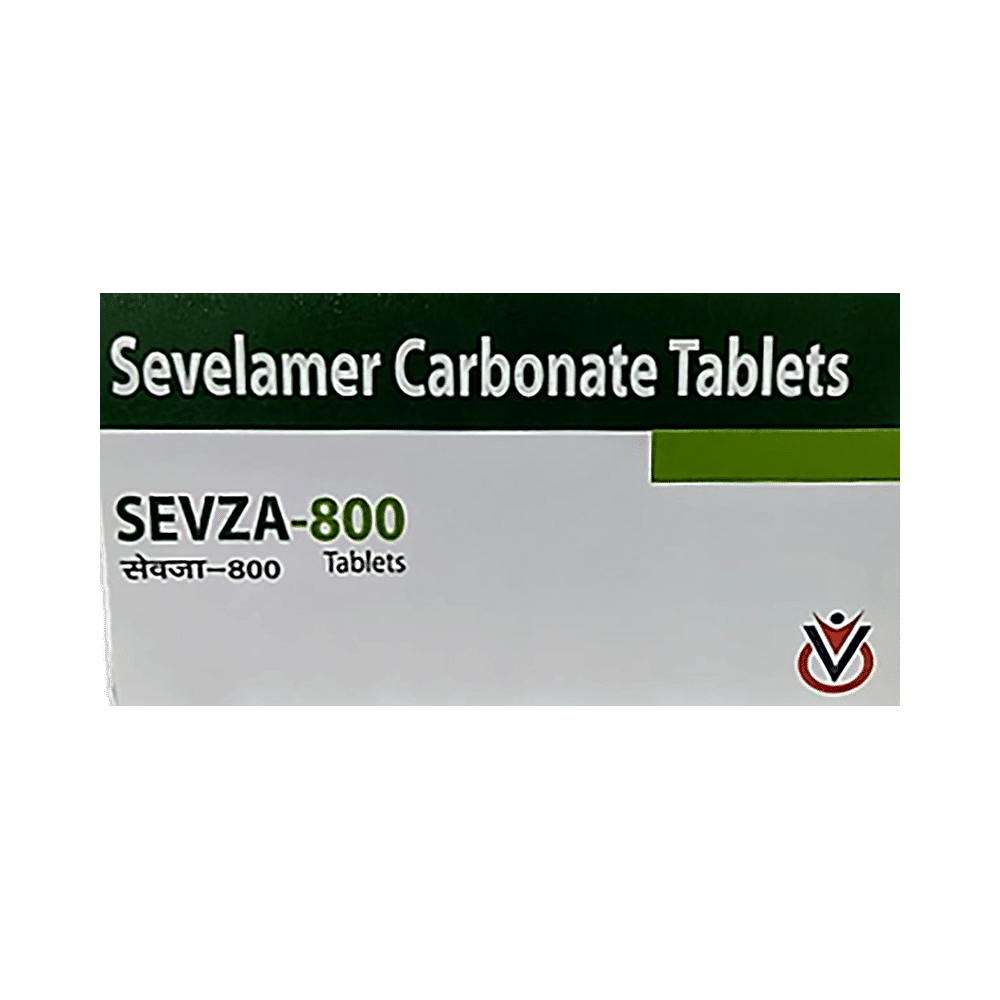
Sevza 800mg Tablet

Phosven 800mg Tablet

Sevlis 800mg Tablet

Sevetag 800mg Tablet
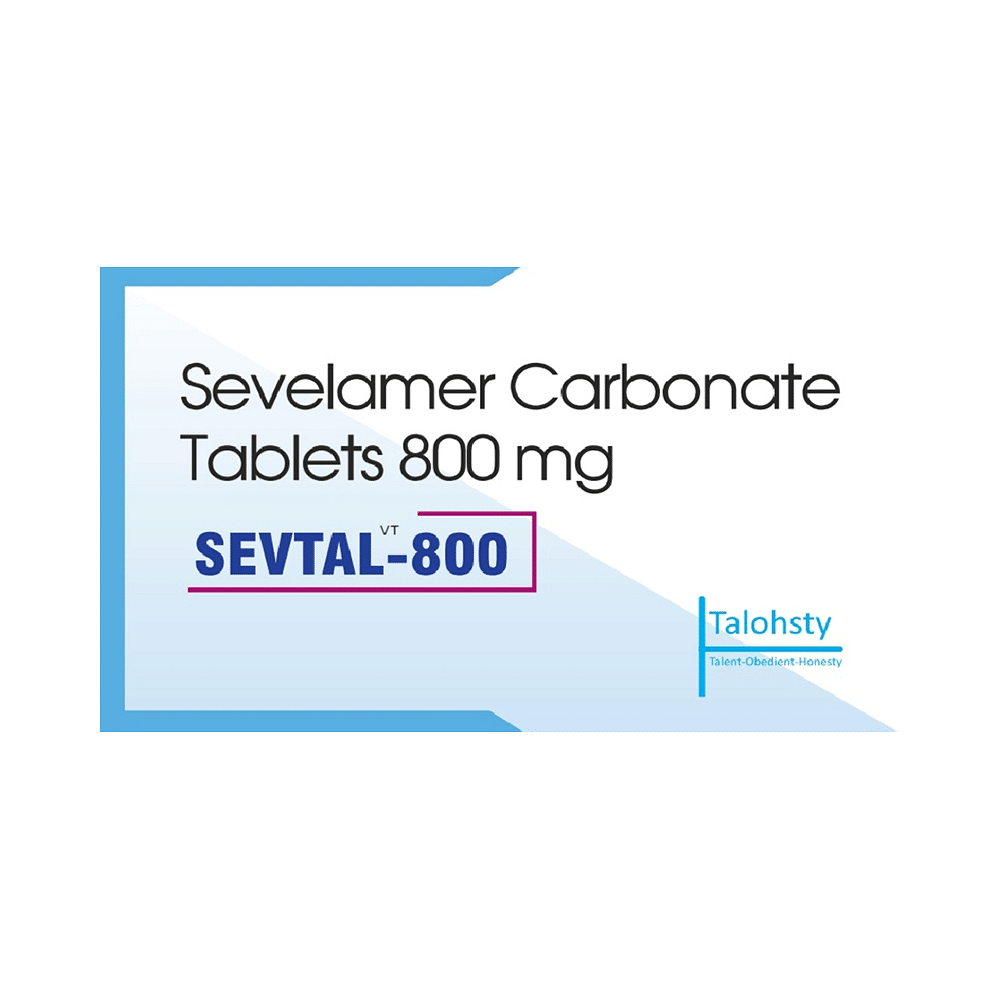
Sevtal 800 Tablet
Frequently asked questions
Is Phosbade 800 Tablet taken with food?
Yes, Phosbade 800 Tablet can be taken with food. It is recommended to take 1-2 tablets (based on individual needs) thrice daily. Take it with meals as Phosbade 800 Tablet works by binding to phosphate from food in the digestive tract.
Can Phosbade 800 Tablet be crushed?
No, you should not crush, chew, or break Phosbade 800 Tablet into pieces. Take it as a whole tablet with water.
Why is it important for me to take Phosbade 800 Tablet?
Taking Phosbade 800 Tablet is crucial for patients undergoing dialysis because they cannot regulate phosphate levels in their blood, especially after a meal. High phosphate levels can cause problems such as itchy skin, red eyes, high blood pressure, bone pain, and increase the risk of fractures. Phosbade 800 Tablet helps by binding phosphate from food in the digestive tract.
Does Phosbade 800 Tablet cause constipation?
Constipation is a common side effect of Phosbade 800 Tablet, although it does not occur in everyone. Other common side effects include diarrhea, indigestion, flatulence, and abdominal pain. Consult your doctor if these side effects become severe or bothersome.
Who should not take Phosbade 800 Tablet?
Patients with a history of allergies to Phosbade 800 Tablet and those with low phosphate levels in blood must avoid taking it. Additionally, patients who have intestinal obstruction should also avoid using Phosbade 800 Tablet.
Can I take ciprofloxacin while taking Phosbade 800 Tablet?
Ciprofloxacin may interfere with the working of Phosbade 800 Tablet, and therefore should not be taken at the same time. However, if taken together, a gap of at least two hours before or six hours after taking Phosbade 800 Tablet is needed.
How long do I need to take Phosbade 800 Tablet?
Continue taking Phosbade 800 Tablet as prescribed by your doctor. It helps regulate phosphate levels but does not cure the underlying disease, and you may have to continue treatment for life.
Do I need to have any tests while taking Phosbade 800 Tablet?
Regular monitoring of serum phosphate levels is required while taking Phosbade 800 Tablet. Additionally, the use of Phosbade 800 Tablet may affect vitamin D, A, E, K, and folic acid levels, requiring regular monitoring during treatment.


